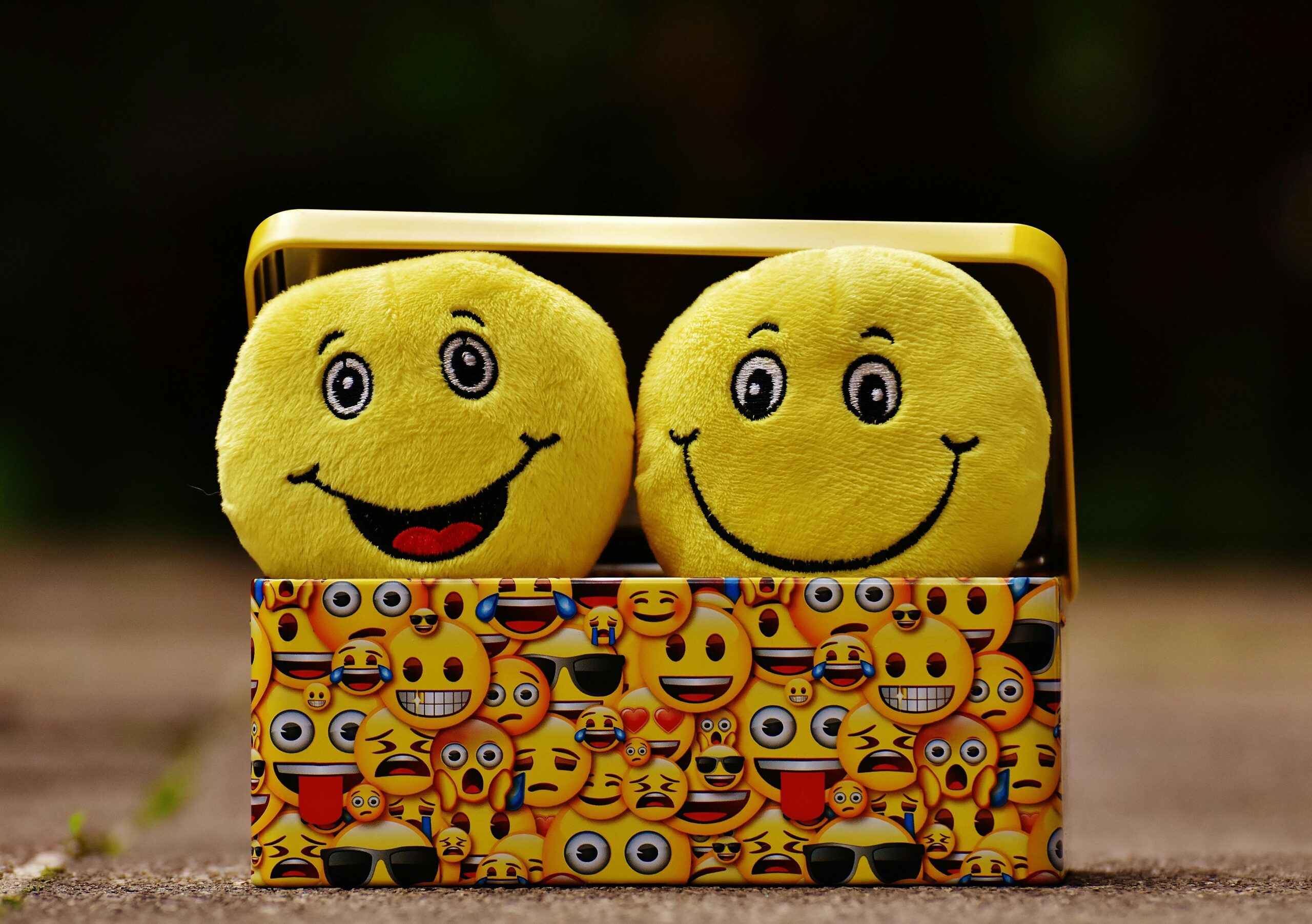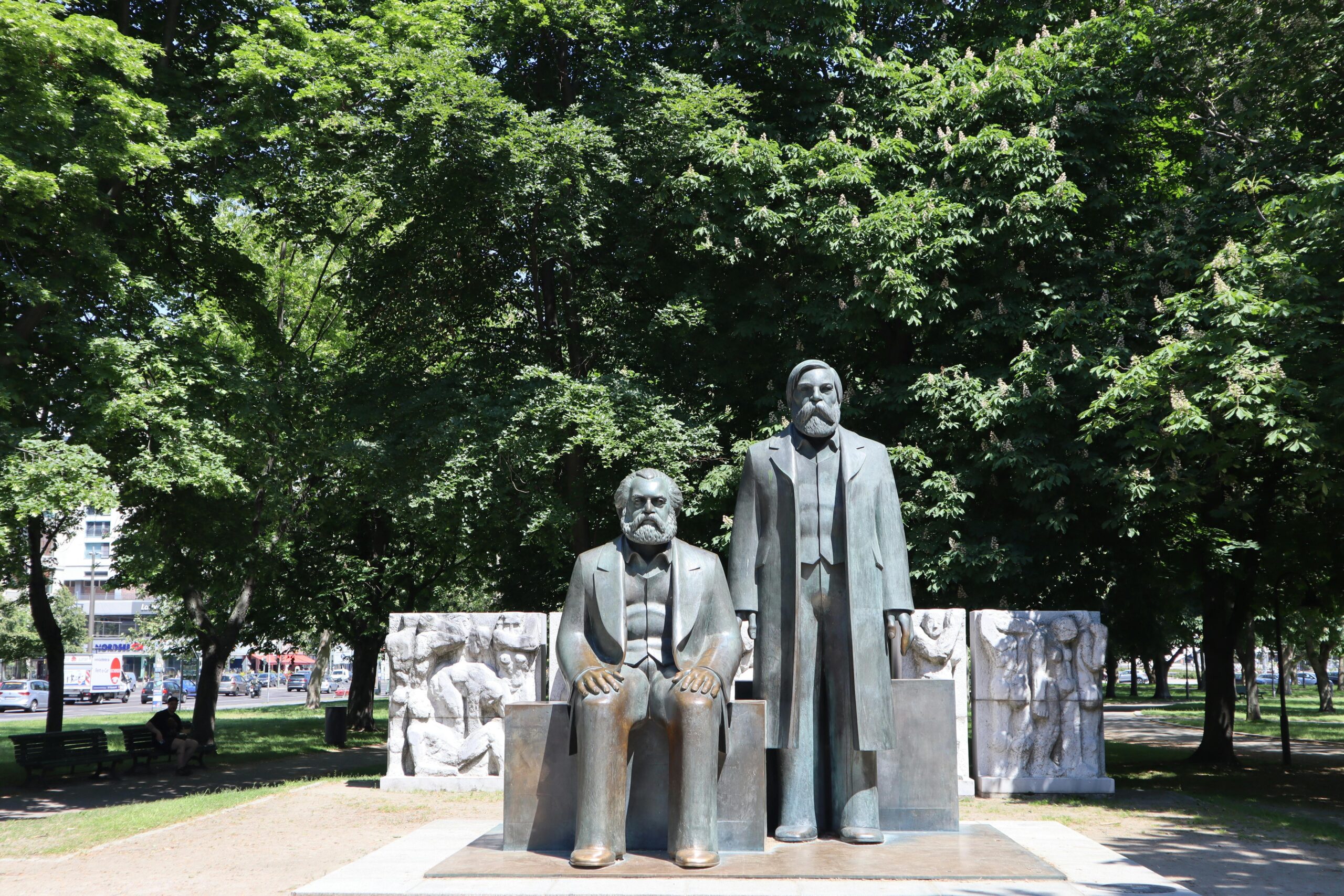In a world overflowing with self-help advice and life hacks promising happiness, The Happiness Hypothesis by Jonathan Haidt stands out as a thoughtful, research-based exploration of what truly makes us happy. Rather than offering quick fixes or trendy tricks, Haidt digs deep—into psychology, philosophy, neuroscience, and ancient wisdom—to uncover truths about the human condition that remain as relevant today as they were thousands of years ago.
The Core Metaphor: The Rider and the Elephant
At the heart of the book is a powerful metaphor: the human mind is divided like a rider on an elephant. The rider represents our rational mind, our conscious reasoning. The elephant, much larger and stronger, represents our emotions and unconscious processes. The rider can try to guide the elephant, but if the elephant wants to go a different way, the rider’s control is limited.
This metaphor sets the stage for much of Haidt’s argument: we often think we are rational creatures in control of our decisions, but in reality, our emotions and intuitions drive more of our behavior than we like to admit. The key to happiness, then, is not simply about making better conscious choices—it’s about aligning the rider and the elephant.
Ancient Wisdom Meets Modern Science
Haidt takes readers on a journey through ancient thought—from Greek philosophers like Plato and the Stoics to Eastern traditions such as Buddhism and Hinduism—and compares these teachings to modern psychological research. Over and over again, he finds that many ancient insights are not only still relevant, but are backed by empirical evidence today.
Some of the key ancient ideas explored include:
- “What doesn’t kill you makes you stronger.” Modern psychology supports this idea through the concept of post-traumatic growth—the phenomenon where individuals emerge stronger and more fulfilled after adversity.
- “Happiness comes from within.” Stoicism and Buddhism emphasize controlling your internal state rather than external events. Haidt acknowledges that while happiness is influenced by external factors (like relationships and work), much of it does depend on internal processes such as our mindset and habits.
- “We are social creatures.” Aristotle’s notion that humans are “social animals” finds solid backing in studies showing that relationships are among the strongest predictors of happiness.
Ten Great Ideas
The book is organized around ten major ideas (or hypotheses), each drawn from ancient wisdom and tested against scientific findings. A few standout concepts include:
- The Divided Self
The mind is not a unified whole. Besides the rider and elephant, we have competing inner voices and motivations. Understanding and managing this internal conflict is key to well-being. - Changing Your Mind
People can change, but it’s often difficult. Therapy, meditation, and cognitive behavioral techniques can help “retrain” the elephant. - Reciprocity and Fairness
Human beings are wired to care about fairness and justice. This has evolutionary roots and is fundamental to social cohesion—and personal happiness. - The Pursuit of Meaning
A meaningful life isn’t necessarily a happy one in the moment—but over time, purpose contributes deeply to lasting well-being. - Love and Attachments
Strong bonds, both romantic and social, are essential for emotional health. Attachment theory shows how early experiences shape our patterns of intimacy. - The Use of Adversity
Struggles and pain can lead to growth, perspective, and a deeper appreciation for life. But growth is not automatic—it depends on how we process the experience. - The Happiness Formula
Haidt introduces a basic equation:
H = S + C + V- H is happiness
- S is your biological set point
- C is the conditions of your life
- V is the voluntary activities you choose to engage in
In short, while genetics play a role, intentional actions and our circumstances can meaningfully shift our happiness.
Morality, Politics, and the Human Condition
One of the more provocative chapters discusses how our moral judgments are largely intuitive, not rational. Haidt draws on his own research into moral psychology to show how people from different cultures—and political affiliations—can see the same behavior in radically different ways. This understanding is crucial in a world where moral outrage often clouds productive dialogue.
Practical Lessons
Throughout the book, Haidt doesn’t just explore big ideas—he also offers practical takeaways:
- Cultivate relationships. Invest in friendships, family, and community. These are more predictive of happiness than wealth or fame.
- Practice gratitude and meditation. These habits can shift your mindset and improve emotional regulation.
- Pursue meaning, not just pleasure. The “good life” involves purpose and contribution, not just momentary enjoyment.
- Align your internal systems. Train your elephant through healthy routines, emotional awareness, and inner discipline so your rider doesn’t constantly struggle.
Final Thoughts
The Happiness Hypothesis is more than a self-help book. It’s a thoughtful synthesis of psychology, philosophy, and personal development. Haidt doesn’t offer easy answers, but he does provide a well-researched map of the terrain of human happiness. The journey to well-being, he suggests, involves aligning ancient wisdom with modern insight—and understanding ourselves as both riders and elephants trying to move together toward a meaningful life.
If you’re looking for a book that respects both science and soul, reason and emotion, The Happiness Hypothesis is an excellent guide.



